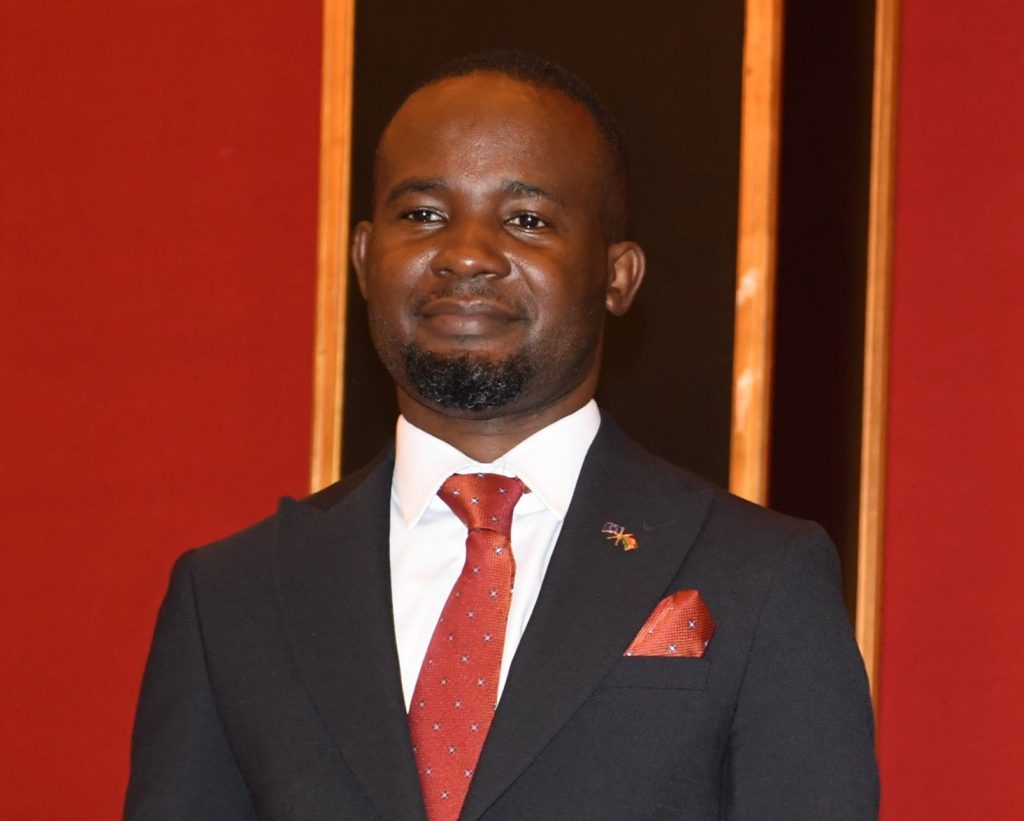
Energy
Prioritise energy issues in budget – MCCCI
January 12, 2023 / Bester Kayaye

The Malawi Confederation of Chambers of Commerce and Industry (MCCCI) says there is need for the Malawi Government to prioritise overcoming the country’s energy challenges when formulating the 2023/2024 budget.
MCCCI CEO Chancellor Kaferapanjira said during the Ministry of Finance and Economic Affairs’ pre-budget consultation meeting for the 2023/2024 fiscal year at Mount Soche Hotel in Blantyre that electricity supply challenges are decelerating the growth of the country’s manufacturing industry.
Kaferapanjira said addressing the energy challenges will bring out vibrancy, responsiveness and dynamism in the private sector as aspired in MW2063 so that the private sector can accelerate attainment of inclusive growth, wealth, and job creation for all Malawians.
He said: “The year 2022 posed a real challenge to businesses owing to economic shocks that defined it, which included shortages of foreign exchange and fuel, inadequate electricity supply, and high levels of inflation. The impacts of these shocks on businesses continue to be felt today.”
“Therefore we emphasize that government agencies especially Electricity Generation Company (EGENCO) should work with seriousness on electricity, yet private sector has also a role to play by investing in electricity production through alternative technologies for instance solar energy.”
Kaferapanjira bemoaned that EGENCO has taken a long time working on bringing back on stream the 129 Megawatts that was lost at Kapichira Power Station due to Cyclone Anna last year.
He said: “One point I am raising is that the foreign exchange shortage hampering fuel importation is also caused partly by EGENCO because industries now consume about 52 million litres of fuel per month. Such a high consumption is attributed significantly to inadequate supply of electricity to these manufacturers.”
“If EGENCO had played its role prudently, the demand for fuel by industries would have dwindled hence easing stress on fuel importation and consumption for other sectors as well as saving forex that could have been channeled to other vital sectors.”
“Government should move with urgency to stabilize electricity supply and increase electricity generation using both hydro and other alternative sources of energy to support the industrialization drive.”
In his remarks, Minister of Finance and Economic Affairs Sosten Gwengwe pledged that Government will ensure that the budget is in all practical sense aligned to the Malawi 2063 and its first 10-year implementation plan targeting the quick wins especially in the economic sectors that can generate wealth, create jobs, while at the same time entrenching food security and providing the nation with enough resources to retire its debt and enabling Government to sufficiently support social sectors.
“Government has set out the macroeconomic framework for the 2023/24 Budget that looks at the macroeconomic targets such as fiscal and monetary measures and the debt sustainability targets to be achieved by the end of the fiscal year,” he said.
Malawi’s economy is projected to grow by 2.6% up in 2023 from 1.7% in 2022 despite several economy bottlenecks the country is encountering including electricity supply disruptions, shortage of forex and fuel which continue to suffocate business operations.































